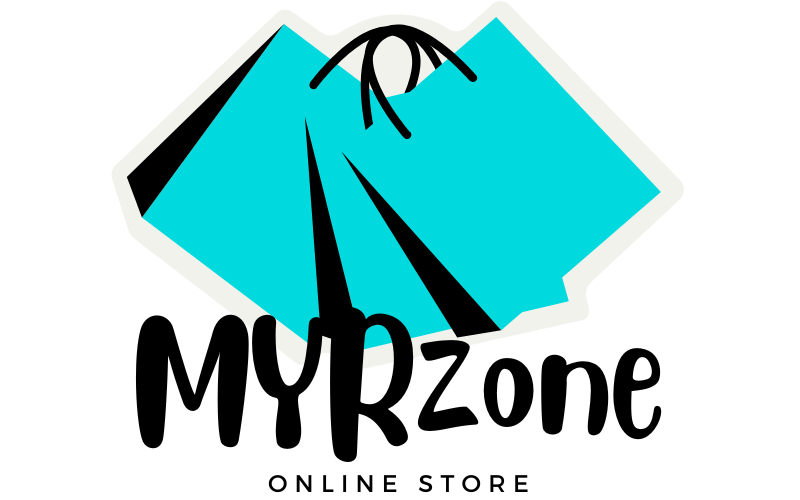
[ad_1]
You could put it in two categories, which we could call learning about the quantum world using classical machines and using quantum machines. People have quantum computers now with hundreds of quantum bits, or qubits, and completely characterizing the state of a quantum computer with hundreds of qubits is beyond our ability, because that complete description grows exponentially with the number of qubits.
If we’re going to make progress, we have to have some way of translating that quantum information to classical information that we can understand. So part of our work — and this was with two brilliant collaborators, Robert Huang, a student, and Richard Kueng, a postdoc — was a way of translating this very complex quantum system to a succinct classical description.
What we showed is that there’s a way of doing a relatively modest number of experiments that gives you a description of the quantum system from which you can predict very many properties — a lot more properties than the number of measurements that you had to make. We call this description a “classical shadow”.
Let’s say there’s a three-dimensional object, and we’re trying to understand its geometry. We can take snapshots of it from different directions, which project it on two dimensions. This is kind of like that only on steroids, because the quantum system lives in some unimaginably large dimension, and we’re projecting it down to a little bit of information. What we showed is that you don’t need so many of these snapshots to be able to predict a lot of things that a physicist would typically be interested in.
We’d like to use the data that we get from quantum experiments and generalize to predict what we’ll see when we look at related quantum systems or when we look at the same quantum system in a different way. And you know, AI is everywhere these days, and a lot of people are thinking about applying machine learning to understanding quantum systems. But it’s mostly very heuristic: people try different things, and they hope that gives them the ability to generalize and make good predictions.
What we wanted to do is to give rigorous performance guarantees that you don’t need that many of these snapshots in order to generalize with a small error. And we were able to prove that in some settings.
When it comes to learning with quantum machines, now let’s do something different. Let’s grab some quantum data — maybe we produce it on a quantum computer, or we have a sensing network that collected some photons from somewhere — and store that in a quantum memory. We don’t just measure it and put it in a classical memory; we store it in a quantum memory, and then we do a quantum computation on that data. And finally, at the end of the computation, we get a classical answer, because at the end of a quantum computation, you always do.
What we were able to show is that, for some properties of the quantum system that you might want to know, it’s vastly more efficient to process with a quantum computer than a classical computer.
[ad_2]
Source link






